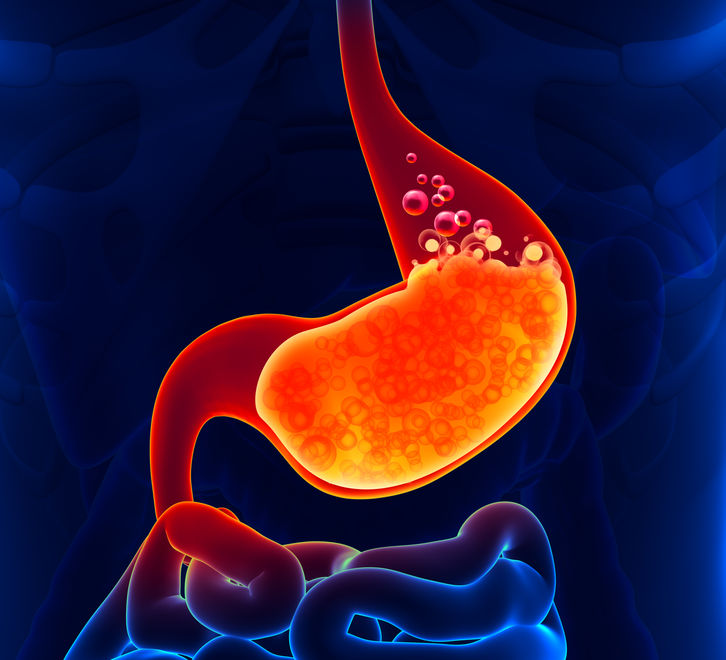A common symptom many women experience during pregnancy is heartburn. Heartburn, also known as acid reflux or gastroesophageal reflux disease (GERD), is unfortunately common in pregnancy. It’s also said that those who experience GERD in one pregnancy are likely to get it again in future pregnancies. It usually gets worse throughout the pregnancy, but finally goes away when the baby is born.
Acid reflux occurs when the acid from your stomach backs up into your esophagus, which is the tube that carries food from your mouth to your stomach. Symptoms include burning in the chest or throat, stomach or chest pain, nausea, vomiting, trouble swallowing, sore throat, and/or coughing.
What can you do for acid reflux in pregnancy?
There are a few things you can try first before taking medications for acid reflux symptoms, including diet and lifestyle changes. To alleviate your symptoms, try to avoid eating within 3 hours of bedtime and avoid lying down within 3 hours of eating. Along the same lines, you can try elevating your head with some pillows or a wedge pillow to raise the head of the bed 6 to 8 inches. Also avoid tight fitting clothes and foods that make your symptoms worse. Common foods that exacerbate acid reflux include spicy foods, very rich foods, coffee, soda, tea, citrus, chocolate, and fatty foods. You are more likely to get symptoms if you’re very full, so try not to overeat. It might help to eat smaller, more frequent meals, rather than three large meals per day. For more information about eating healthy during pregnancy, see resource two below. Other interventions you can try would be quitting smoking or drinking alcohol if you currently smoke or drink. Not only does smoking and alcohol consumption contribute to acid reflux, but they can seriously harm your unborn child.
Medications to treat acid reflux in pregnancy
The best medication to try first for acid reflux symptoms in pregnancy would be an antacid such as Tums. Antacids help neutralize the acid in your stomach and you can buy them over-the-counter. However, there are some antacids that should be avoided in pregnancy. Avoid sodium bicarbonate and magnesium trisilicate in pregnancy. If you’re not sure about which product to select, ask your pharmacist or doctor. If the antacids are not working well enough for your symptoms, speak with your healthcare provider. They may recommend a different type of agent that helps reduce stomach acid in a different mechanism. Some other agents that can be used in pregnancy include surface agents (ex. Sucralfate), histamine blockers (ex. Pepcid or famotidine), and proton pump inhibitors (exs. Omeprazole, esomeprazole, or pantoprazole). Some of these are available over-the-counter and some require a prescription. Before you use any over-the-counter medications for acid reflux, talk with your doctor to find out if they’re safe in pregnancy.
Read our blog about keeping fit during pregnancy
If you’re having any symptoms that are severe or don’t get better with treatment, call your doctor or nurse. Any other abnormal symptoms like fever, headache, nausea, vomiting, choking, weight loss, and/or vomiting blood are also reasons to call your doctor or nurse for further instructions.
Resources:












